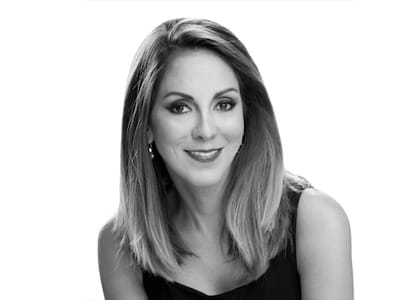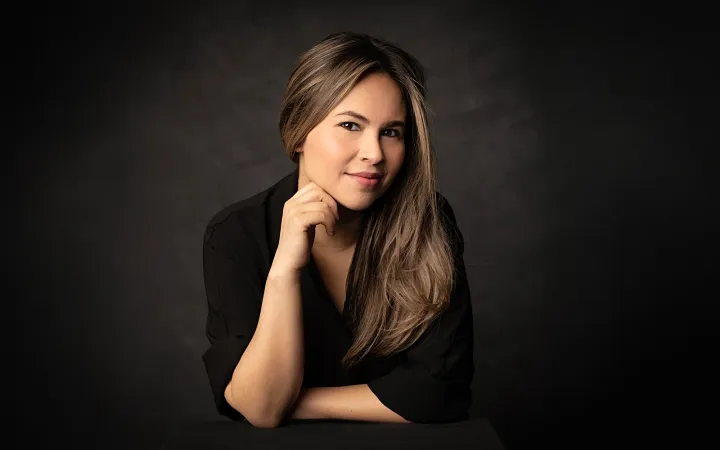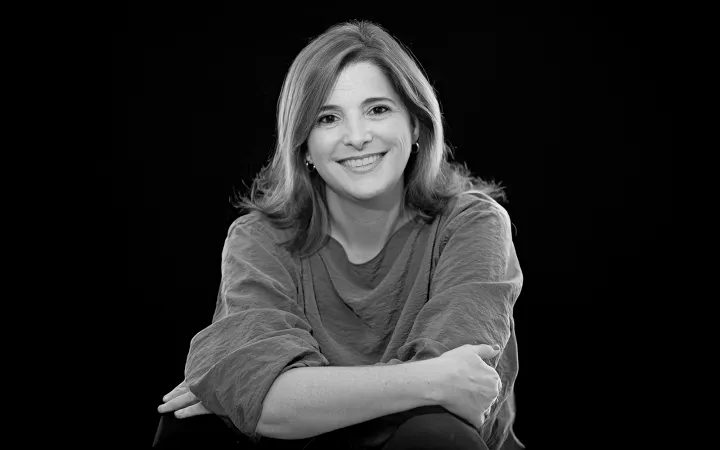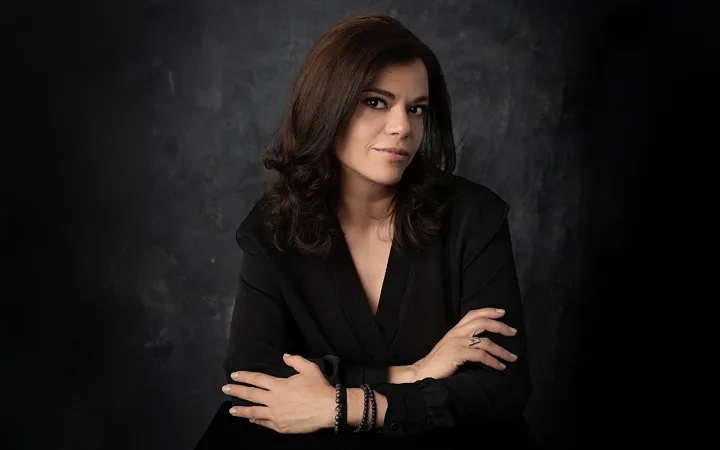
Por Mari Rouss Villegas Balmori
Nadie nos prepara a las mamás para enfrentar la maternidad de un hijo o hija con discapacidad o una enfermedad crónica-degenerativa. Este reto no viene con superpoderes. Las mamás de niñas y niños con discapacidades o enfermedades crónicas no lo esperábamos, no nos preparamos en un lugar especial, ni teníamos la resiliencia, la fortaleza, el valor, ni el temple para enfrentarlo. Lo que sí teníamos y tenemos todos los días es el AMOR. Esta lucha silenciosa, no retribuida, injusta y dolorosa, la mayoría la enfrenta con dignidad, sin victimización, con sonrisas, buena energía y una máscara de "todo está bien". Pero estas batallas diarias rompen, desconsuelan y lastiman; nos generan impotencia, rabia y dolor, y esto se incrementa al considerar que no hay apoyos, que no somos visibles y que más bien estorbamos, como si nuestra lucha por la inclusión y una mejor calidad de vida para nuestras hijas e hijos fuera mal vista. Esto debe cambiar.
Las cuidadoras primarias, en su mayoría mujeres, asumen responsabilidades esenciales que sostienen el tejido social y económico de las comunidades. A pesar de su contribución inestimable, su trabajo es a menudo invisibilizado y no remunerado. Según datos de la Organización Internacional del Trabajo (OIT), las mujeres realizan tres veces más trabajo no remunerado que los hombres. Esta carga desproporcionada se traduce en menos oportunidades de empleo formal, educación y desarrollo personal para las cuidadoras.
“Detrás de todos los cuidados a nuestros hijos estamos las que cuidamos y somos invisibles”, afirman madres cuidadoras de diferentes colectivos.




